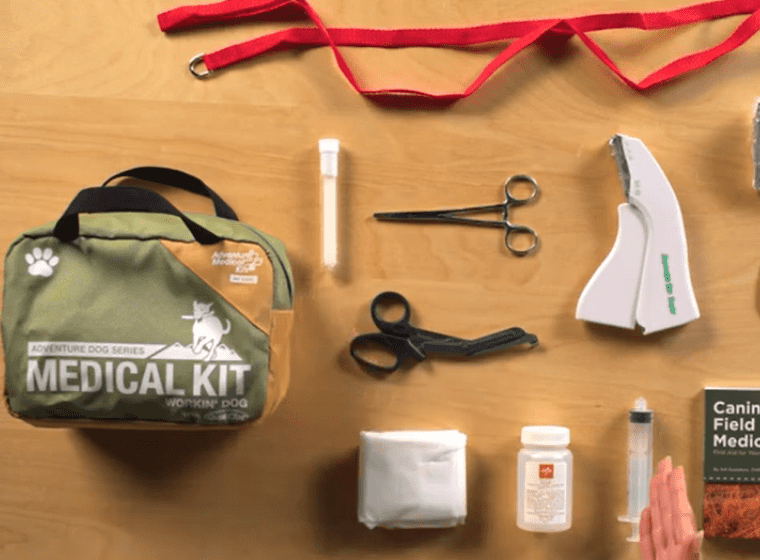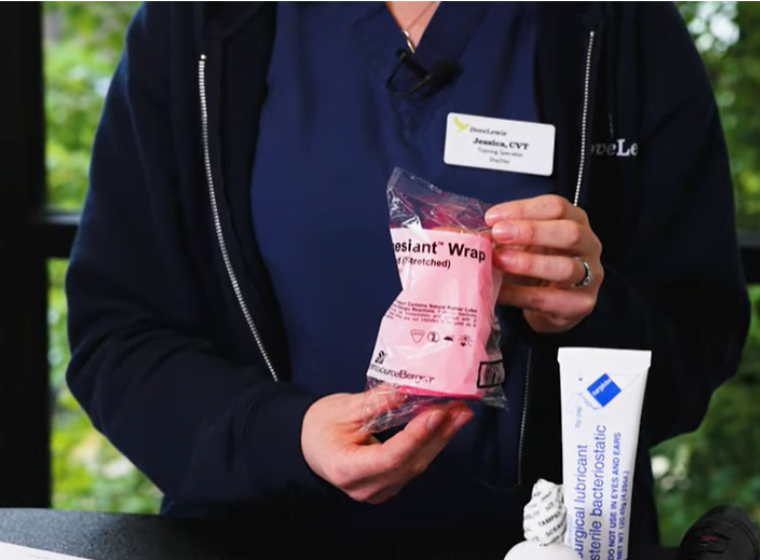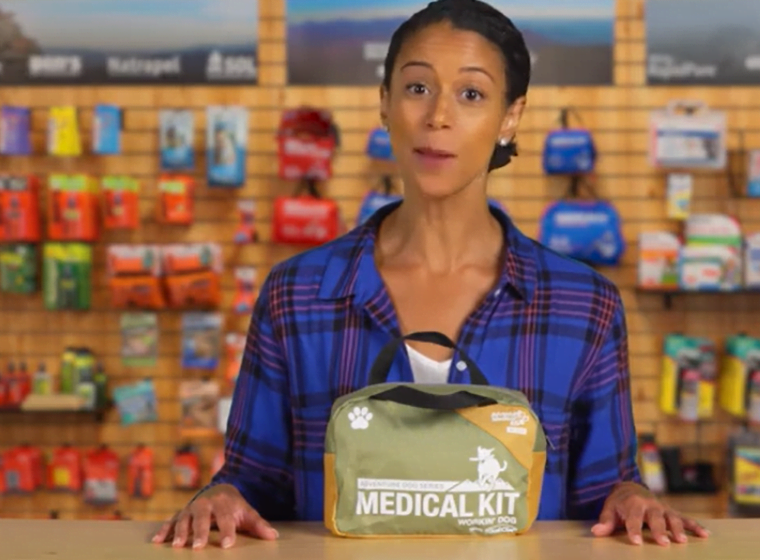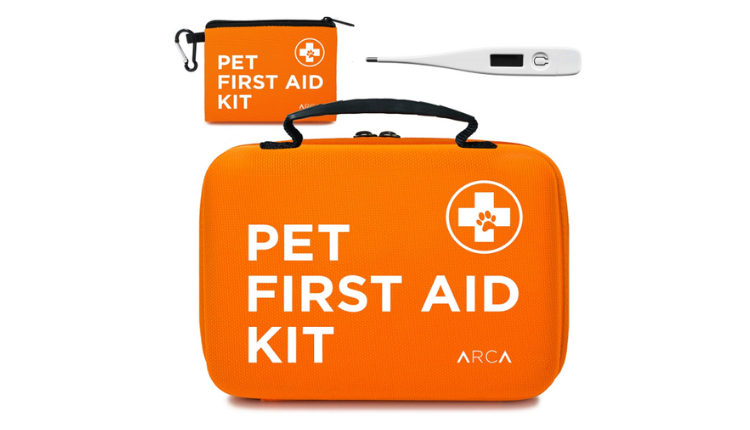In today’s world, pets have become cherished members of our families, providing unconditional love and companionship. Just like with any family member, it’s crucial to be prepared for unforeseen emergencies. This is where Pet First Aid Kits come into play – a crucial tool that every pet owner should have at their disposal.
In this comprehensive guide, we will delve deep into the world of pet first aid kits, highlighting their importance, essential contents, and how to create one that suits your furry friend’s needs.

Why Pet First Aid Kits Matter
You and your beloved pet are out on a leisurely hike, enjoying the beauty of nature, when suddenly your pet steps on a thorn and starts limping in pain. Or perhaps your curious cat ingests a household plant that doesn’t okey with their stomach. These are situations where having a well-equipped pet first aid kit can make all the difference.
Pet first aid kits are tailored to address common injuries and ailments that pets might encounter. They serve as a first line of defense before you can get your pet to a veterinarian. Having the right supplies on hand can provide immediate care and potentially prevent a minor issue from turning into a major problem.
Key Contents of a Pet First Aid Kit
A well-stocked pet first aid kit should contain a variety of items to address different situations. Here are some essential components:

Gauze, Bandages, and Tape
These items are crucial for covering wounds, stopping bleeding, and protecting injured areas. Be sure to include both sterile gauze and adhesive bandages suitable for pets.
Antiseptic Wipes and Solution
Cleaning wounds and preventing infections is vital. Antiseptic wipes and solutions formulated for pets can help you keep wounds clean and free from harmful bacteria.
Tweezers and Scissors
These tools come in handy for removing splinters, thorns, or any foreign objects from your pet’s skin or fur.
Tick Remover
Ticks can transmit diseases to both pets and humans. A tick remover helps you safely and effectively remove ticks from your pet’s skin.
Medications
Include any prescribed medications your pet is currently taking, along with a small supply of common medications like antihistamines (after consulting your vet).
Instant Cold Pack
Useful for reducing swelling and soothing pain in case of injuries or inflammation.
Pet-Friendly CPR Mask
In case of respiratory emergencies, having a CPR mask designed for pets can be a lifesaver.
Creating Your Customized Pet First Aid Kit
Every pet is unique, and their first aid needs can vary. Consider your pet’s species, size, and any specific health concerns they might have when assembling a first aid kit.
Here’s how to create a customized kit:
Step 1: Choose the Right Container
Select a sturdy, waterproof container to house your pet’s first aid supplies. This ensures that everything stays clean, organized, and protected.
Step 2: Consult Your Veterinarian
Before assembling your kit, consult your veterinarian. They can provide insights into your pet’s specific needs and recommend any additional items based on your pet’s health history.
Step 3: Gather Essential Supplies
Refer to the list above and gather all the necessary supplies. Make sure to check the expiration dates of medications and replace any items that have been used or expired.

Step 4: Include Relevant Documents
Keep a copy of your pet’s medical records, vaccination history, and emergency contact numbers. These documents are essential, especially if you need to visit a different veterinary clinic.
Final Thoughts
Pet first aid kits are a crucial component of responsible pet ownership. They empower you to provide immediate care and attention to your furry friend during unexpected emergencies.
By assembling a well-stocked and customized kit, you’re demonstrating your commitment to your pet’s well-being and safety.
Remember, while a pet first aid kit is an essential tool, it’s not a substitute for professional veterinary care. In any serious or life-threatening situation, always seek the guidance of a veterinarian.

